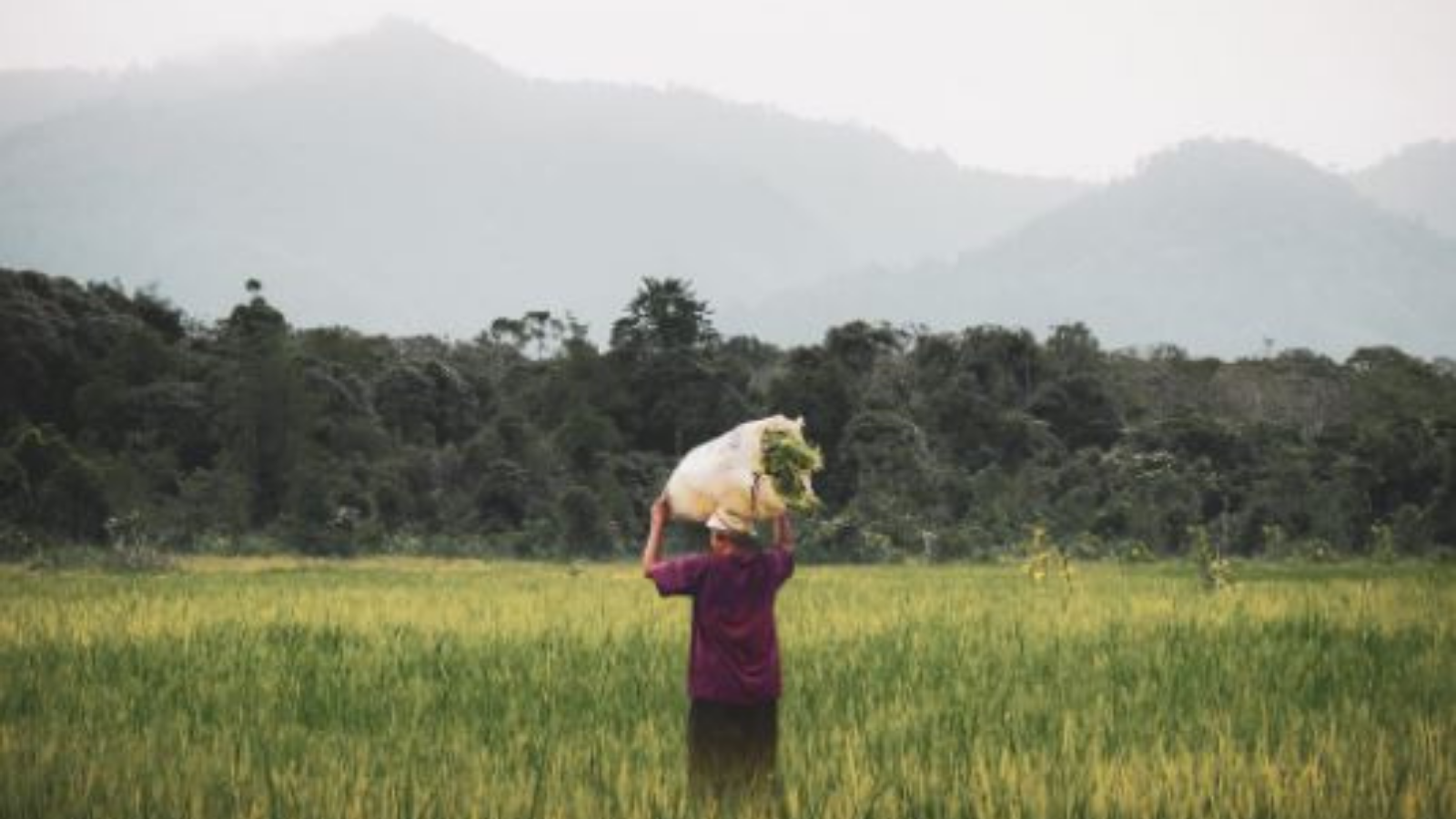When the Canadian government announced last year it would allow failed refugee claimants to apply for permanent residence, they weren’t being “generous,” Shiva Nourpanah, a social anthropologist, suggested during the first day of the Metropolis’ 4th annual multiculturalism conference on Oct. 6. They were being strategic.
Last year, the government implemented a policy that ostensibly recognized the “significant contribution and risk to (the) health during the pandemic” of essential workers, namely refugee claimants working in Canada’s health care sector. It targeted “foreign nationals who have been selected by Quebec” and working in a broad range of health care settings, including hospitals and private and public long-term care homes. Spouses and common-law partners of those who passed away as a result of the pandemic were also eligible.
But while applications were being processed in record-time — in a “matter of months or weeks,” according to Nourpanah’s conversations with staff at the Halifax Refugee Clinic — the overall consensus was that “this policy is not as generous as it appears.”
Exclusion
Firstly, the policy didn’t encompass all workers. To qualify, the job position had to be involved with direct patient care. This applied to only two of the six health care related categories under which refugees can be found working. Trades like housekeeping, janitorial duties, security, “albeit in a health care setting, were refused,” she said. “And they found that incredibly unfair.”
Other criteria like needing to complete 121 hours of work inside Canada from March 2020 onwards excluded many applicants, even those who were five or 10 hours short. In one case, she said, someone’s training – a total of 12 hours – was discounted entirely even though the workplace considered it work.
“It has to be said, the bad guy wasn’t the workplace,” she said. “It was the migration authorities who were incredibly nitpicking.”
To be sure, the policy certainly is “historic,” as Nourpanah said. The fact that refugees’ statuses and claims have been “very explicitly tied to work experience and labour participation…is truly unique.” That’s why the staff at the Clinic told Nourpanah they hoped the government would renew it after it expired this past Aug. 31.
Nevertheless, as she then elaborated, these are failed refugee claimants who “were not wanted as refugees and (are now) being recast as workers” in jobs that even “other Canadians don’t seem to want to do.”
It’s not only refugees.
Devaluing work
Studying the case of migrant food workers in Nova Scotia, Catherine Bryan, from Dalhousie University, noted that during the pandemic, the government did everything possible to continue the flow of migrant workers. This included “opening funding streams to employers to cover worker quarantine costs, as well as to improve employee living quarters and health and safety measures to help prevent the transmission of COVID-19.”
In early 2021, Canada also announced the opening of a one-time pathway to permanent residency for 30,000 temporary foreign workers in essential occupations who spoke English and who had a year of work experience in the country, as well as for essential health care workers and international students.
“While these government measures are important,” said Bryan, “they do not go far enough” in valuing the skills and efforts of all workers by assigning arbitrary categories linked to immigration status.
There are approximately 60,000 workers under the Seasonal Agricultural Worker Program, for instance, who do not qualify for permanent residency. The fact that other temporary foreign workers do qualify, via, for example, the Provincial Nominee Program, creates unfair tiers of status.
“Both sets of workers offer insight into the legal and normalized production of a range of less-than-full citizenship statuses,” she said. “These programs also render workers vulnerable to exploitative, unsafe, unhealthy and potentially coercive situations as workers’ work permits are valid with only a single designated employer.”
In April, a coroners’ report found that the death of three migrant farm workers had been caused by their congregate living and working conditions, which placed them “at higher risk for contracting infectious diseases such as COVID-19.”
Similarly, by putting a premium on the so-called “Canadian experience,” newcomers’ skills and experiences are devalued and discounted. Based on her study of youth (18-29) employment in Halifax, Temitope Abiagom, who’s completing her master of social work from Dalhousie University, described Canadian experience as “soft, technical, effective skills required to navigate difficult and oftentimes toxic work environments.”
“As a result,” she continued, “for many, Canadian experience became synonymous with exclusion and discrimination, and a fair amount of the participants said they did not have a sense of belonging to Halifax. While some youths were relegated to low-skilled, low-status, low-paid work, others were unable to find work at all.”
Political will
While these various pathways to permanent residency are far from perfect, they do offer an insight into how the bureaucratic machine works – or, as Nourpanah put it, just how far “the bureaucratic imagination extends.”
By allowing failed refugee claimants to apply for permanent residency – thousands of whom continue to be in processing limbo to this day – it proved that if there’s a political will, there is certainly a way to get things done.
“If the political will exists, a lot can be done to ameliorate the lives of people,” said Nourpanah. “The limbo can just be cut through.”
Fernando Arce is a Toronto-based independent journalist originally from Ecuador. He is a co-founder and editor of The Grind, a free local news and arts print publication, as well as an NCM-CAJ member and mentor. He writes in English and Spanish, and has reported from various locations across Canada, Ecuador and Venezuela. While his work in journalism is dedicated to democratizing information and making it accessible across the board, he spends most of his free time hiking with his three huskies: Aquiles, Picasso and Iris. He has a BA in Political Science from York University and an MA in Journalism from Western University.





